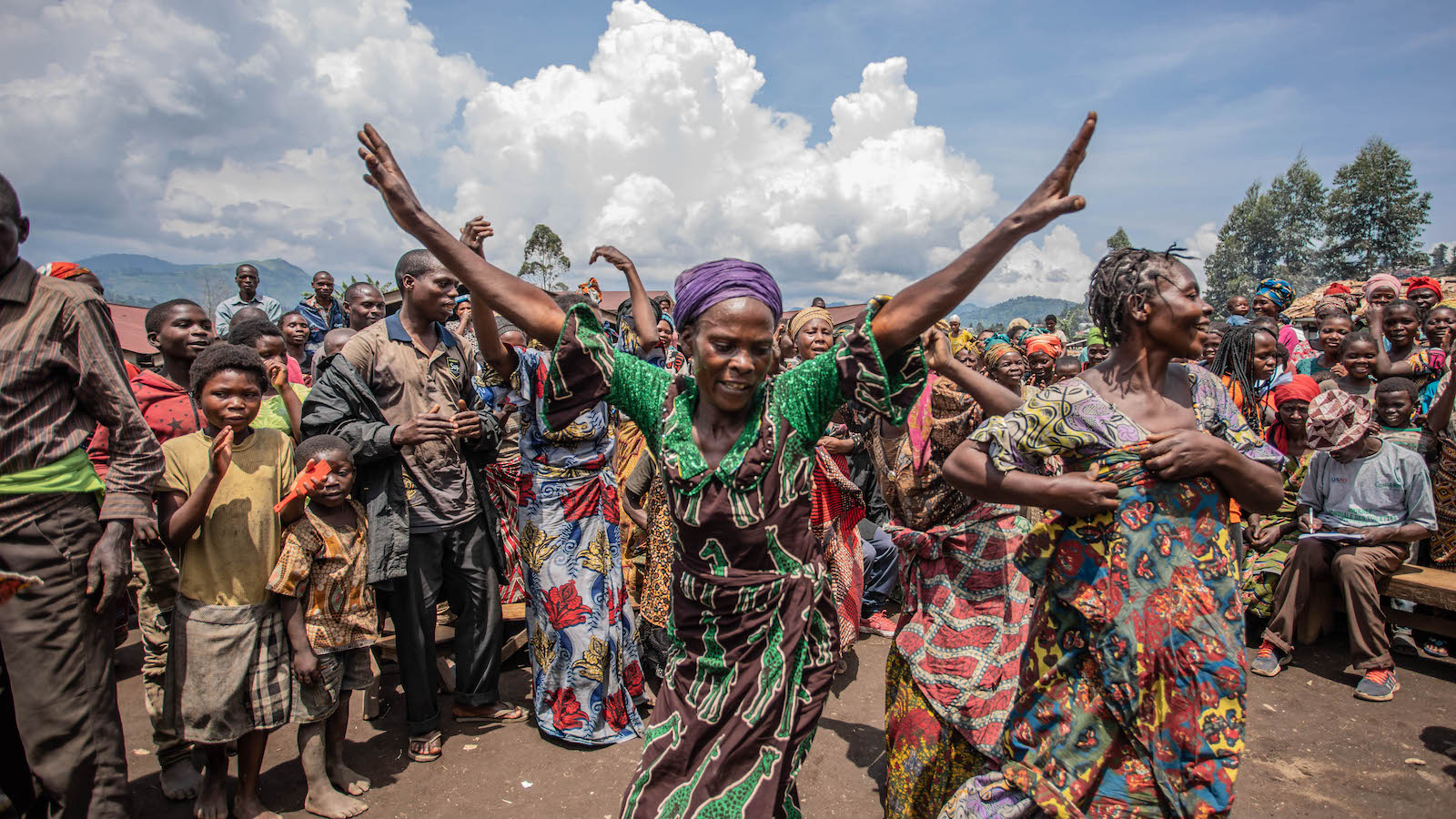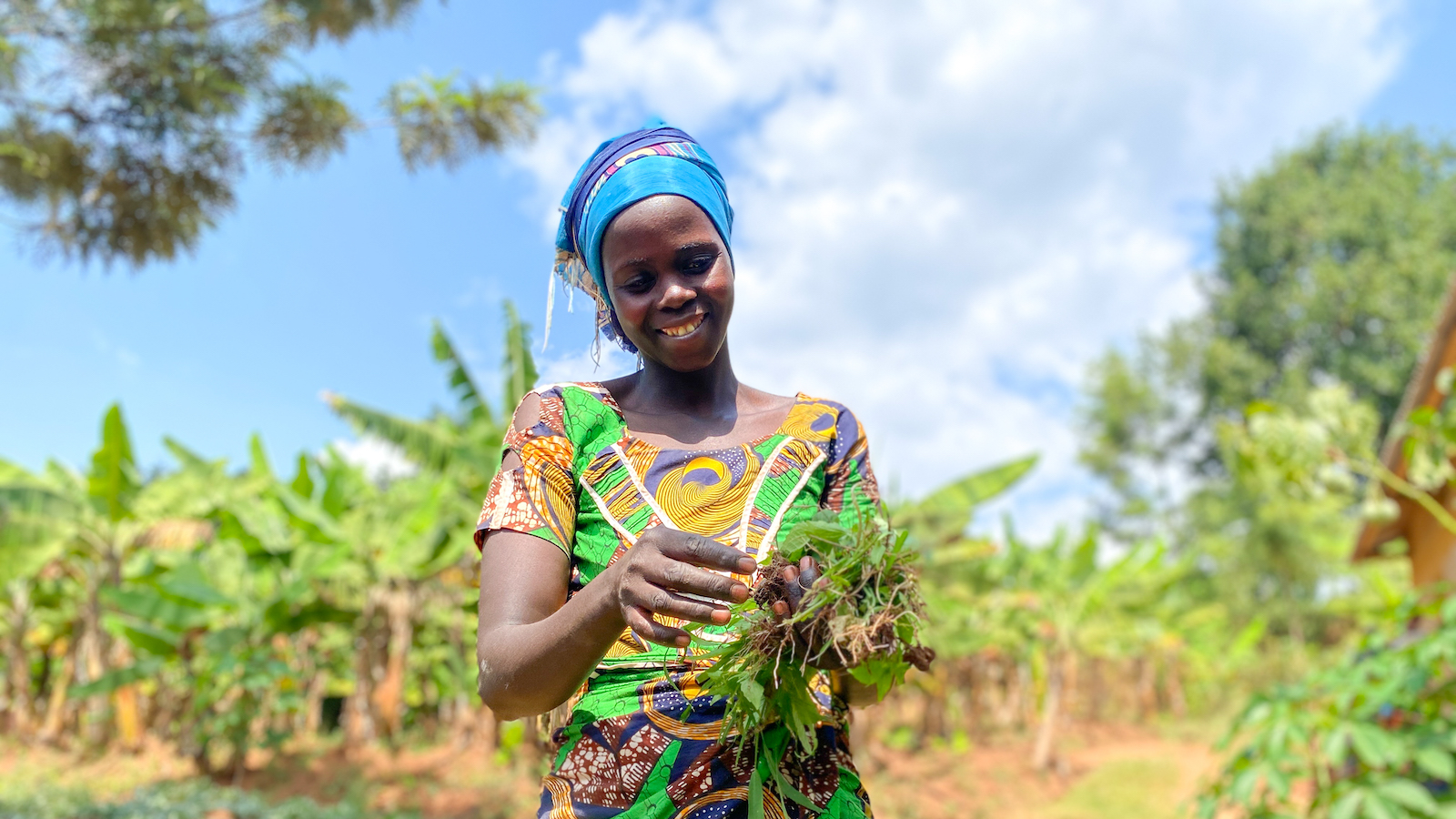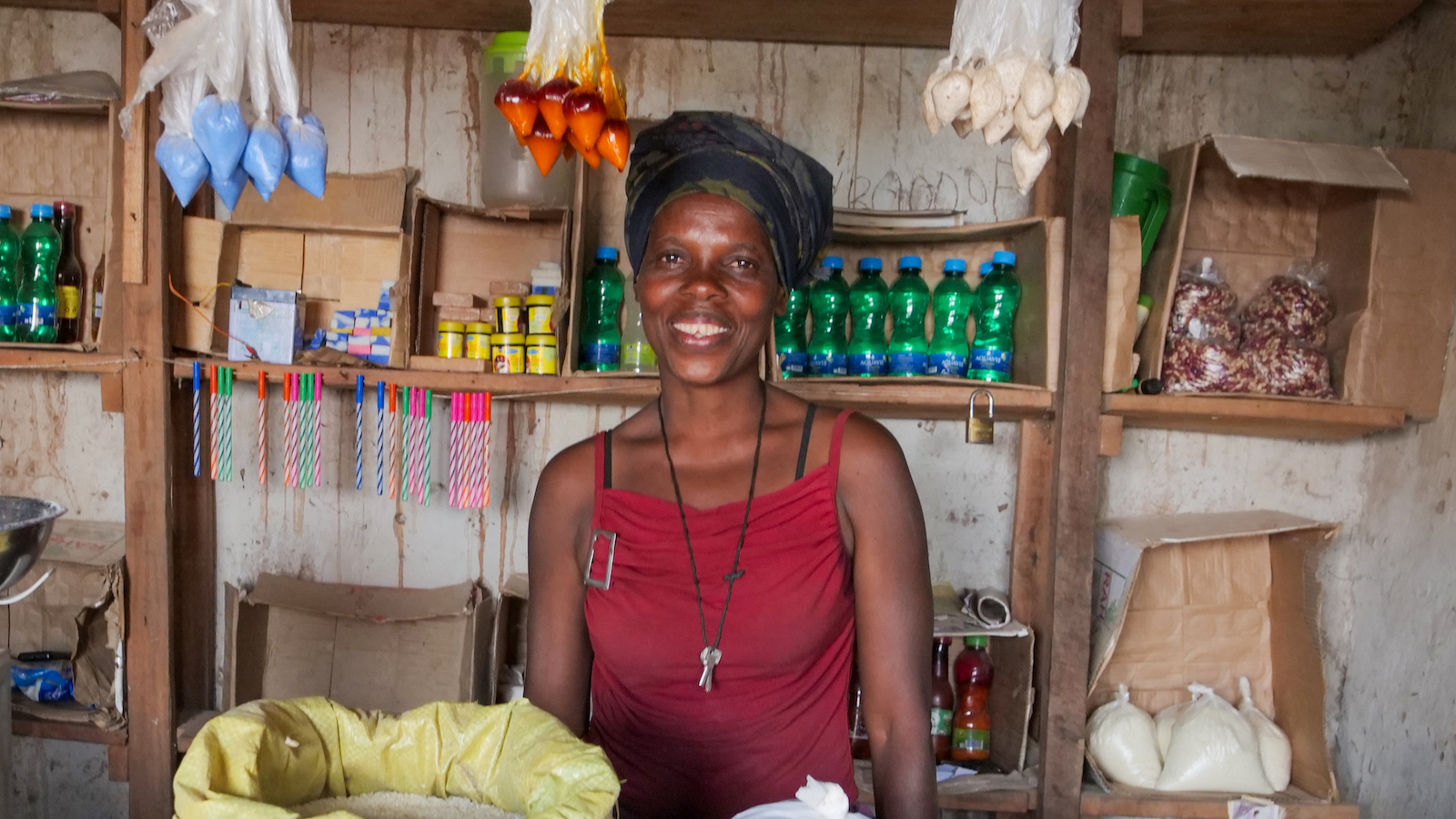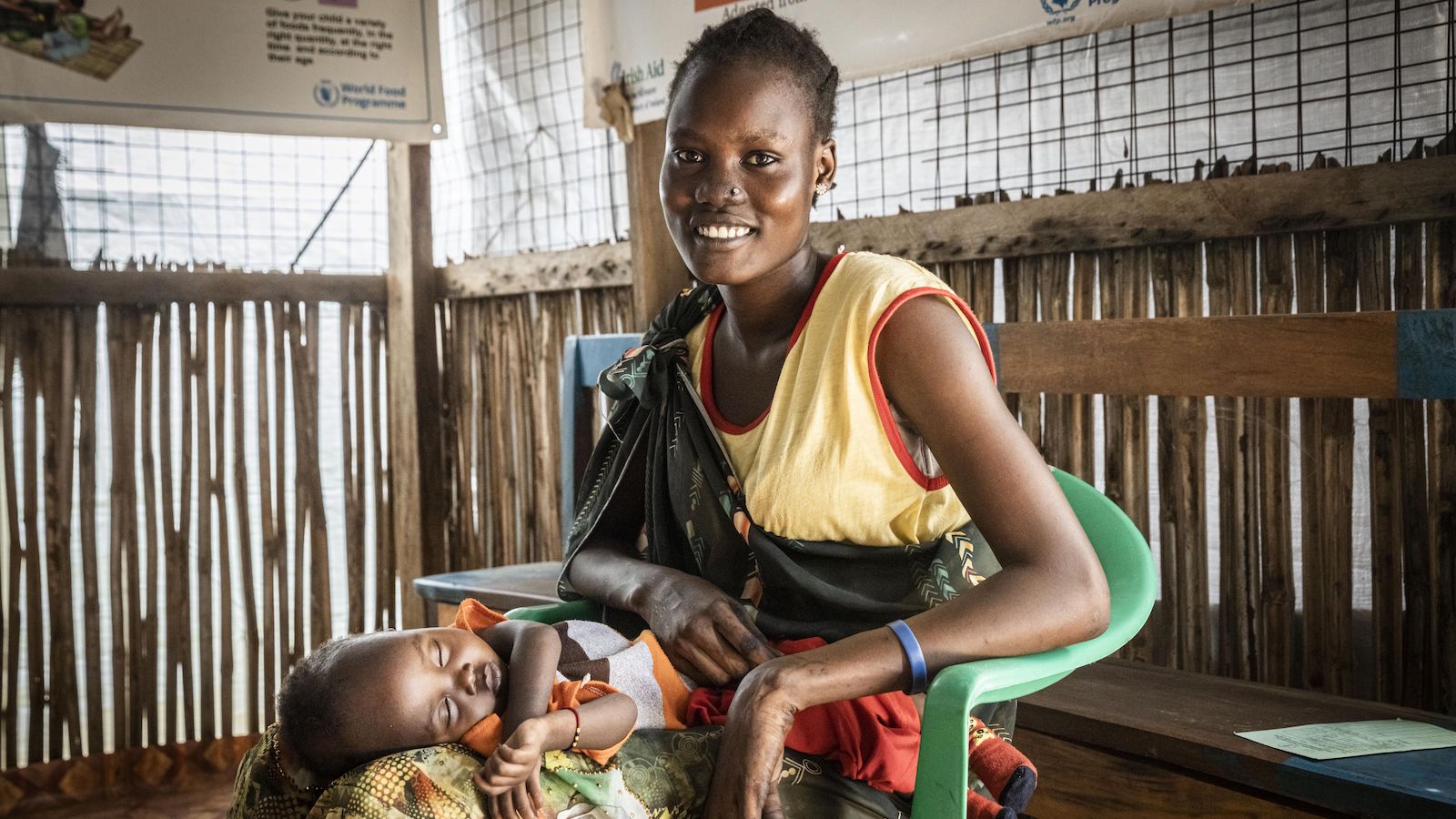Country stats
- Capital: Kinshasa
- Population: 102 million
- People requiring humanitarian aid: 25.4 million
Concern’s response
- DRC program launched: 1994
- Program areas: Emergency Response, Gender Equality, Health & Nutrition, Livelihoods, WASH
Why are we in Democratic Republic of the Congo?
Concern Worldwide has been working in the Democratic Republic of the Congo since 1994. Part of our work has been to address the country’s decades-long humanitarian crisis, particularly in the east, through providing support for livelihoods, nutrition, gender equality, and water, sanitation, and hygiene (WASH).
Over 25 million Congolese will require humanitarian assistance in 2024
The Democratic Republic of the Congo has shifted from national conflict in the late 1990s to a series of localized, region-specific conflicts over land, resources, and power, each involving a multitude of national and regional state and non-state actors. It remains one of the most complex and longstanding humanitarian crises in Africa, and is also the source of the continent’s largest internal displacement crisis. At the end of 2023, 6.2 million internally-displaced Congolese were living in host communities or in displacement sites.
The DRC also remains one of the world’s largest food crises, with over 25 million people — a quarter of the population — facing acute food insecurity.
Latest achievements
Emergency response
In 2023, Concern supported over 100,000 individuals displaced by conflict and natural disasters in DRC with emergency cash transfers/vouchers and food distributions.
Gender equality
In 2023, nearly 1,300 women and girls participated in Concern’s Irish Aid-funded longer-term resilience programme in North Kivu. With funding from the Philanthropic Circle, Concern also carried out research into sexual and reproductive health in North Kivu and Tanganyika.
Working together for maximum impact
In 2023, Concern, alongside partners, was awarded a grant from FCDO to fund essential nutrition, protection, livelihoods and inclusion programmes in DRC, which aims to reach over 400,000 vulnerable individuals with life-saving support.
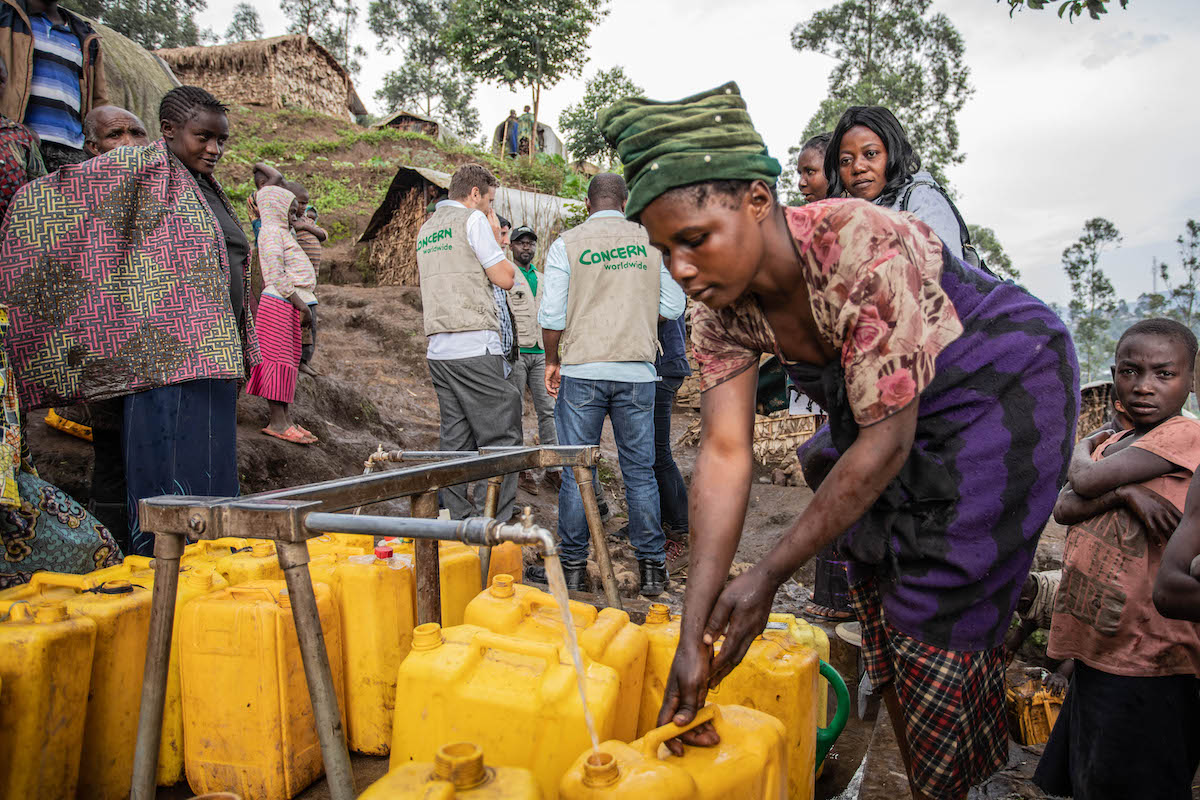
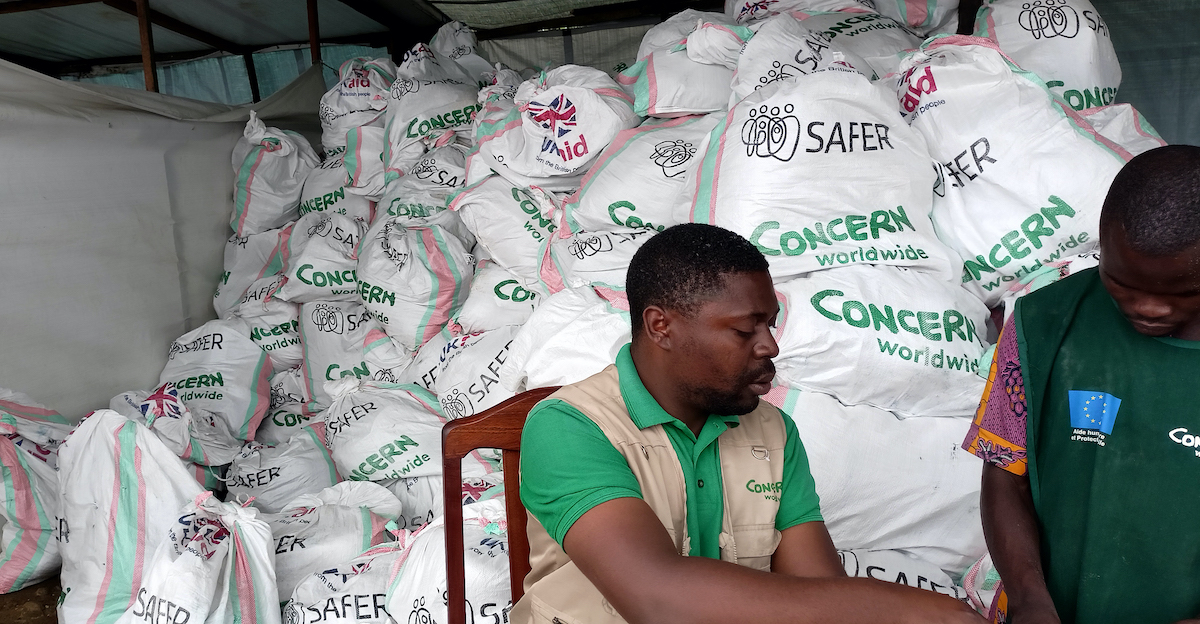
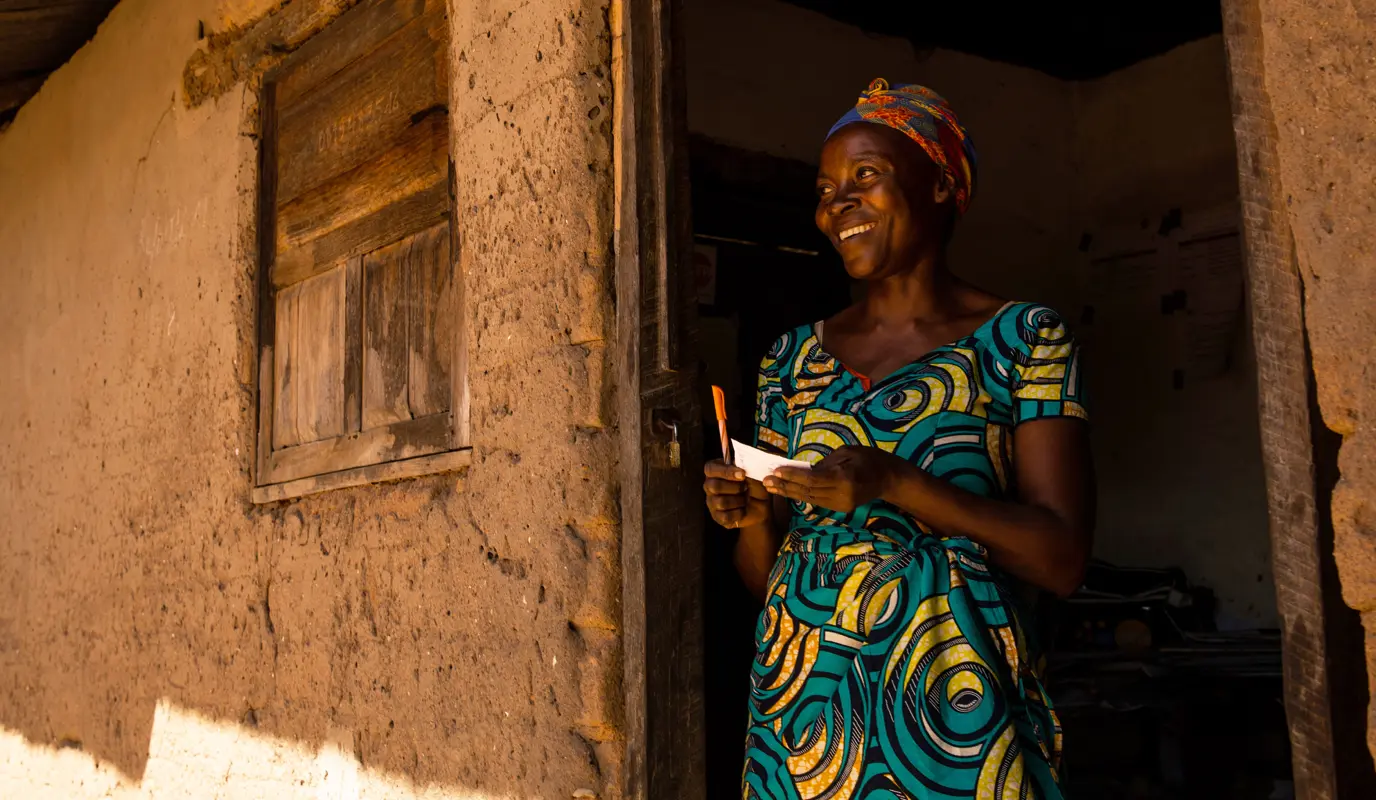
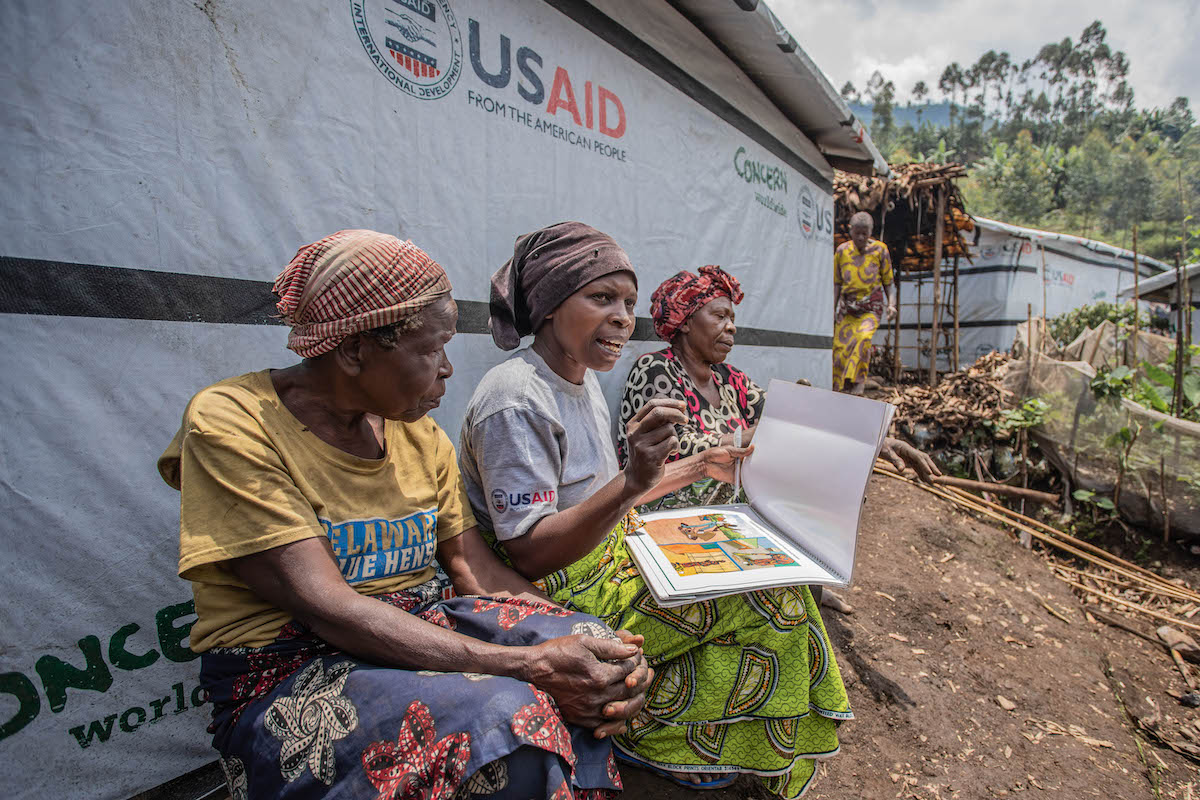
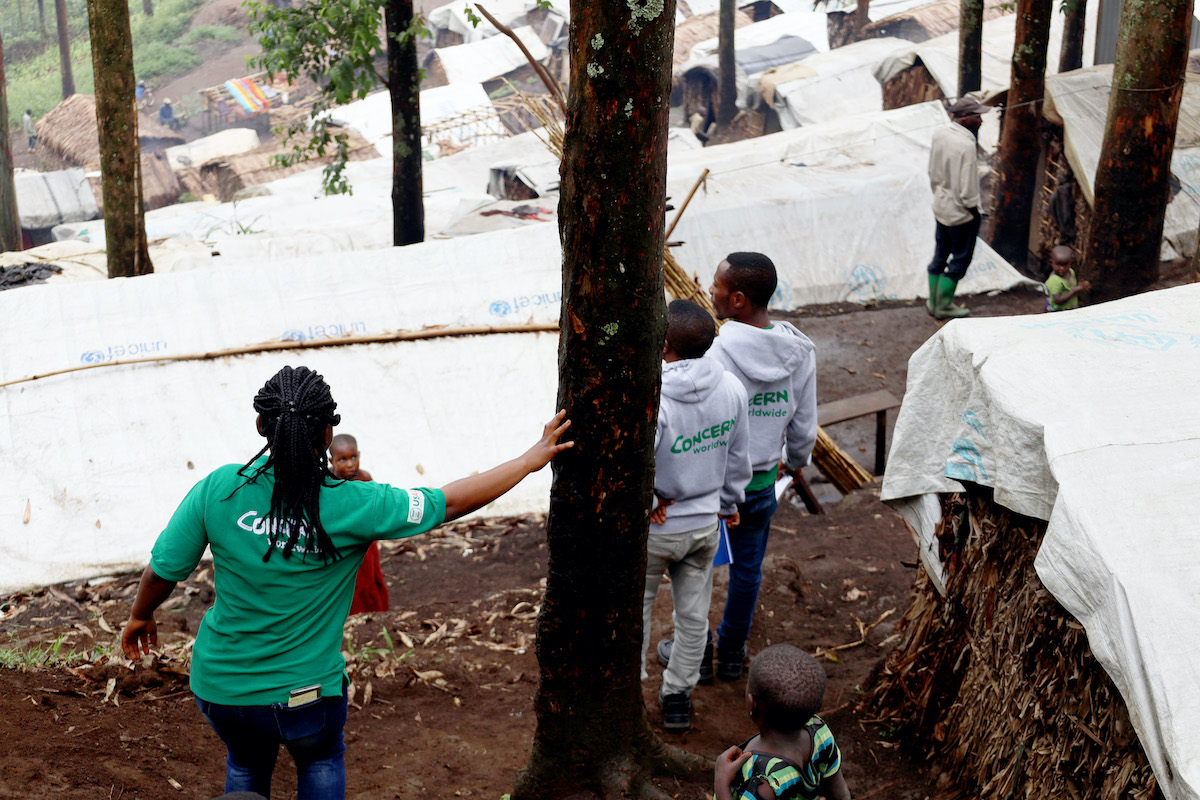
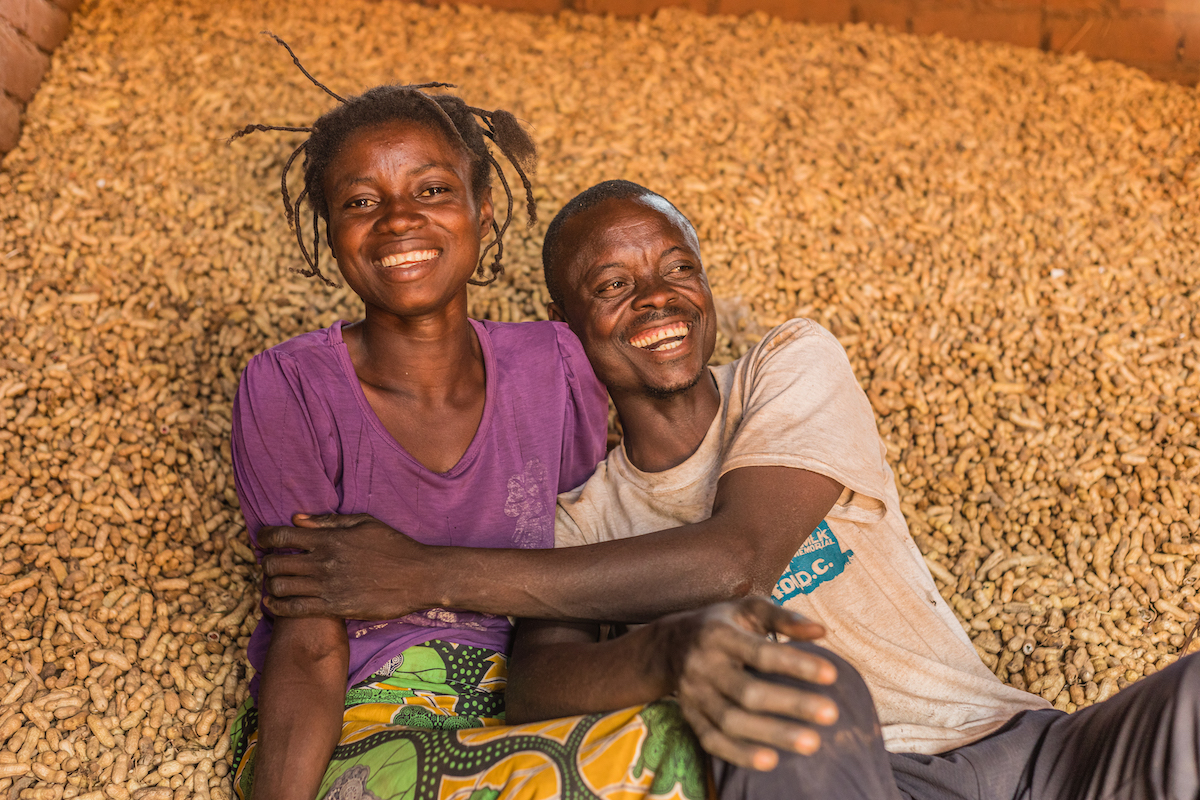
Our work in DRC
We‘re addressing the crisis in DRC through our emergency response programs, while also building resilience, tackling malnutrition, and fostering gender equality.

